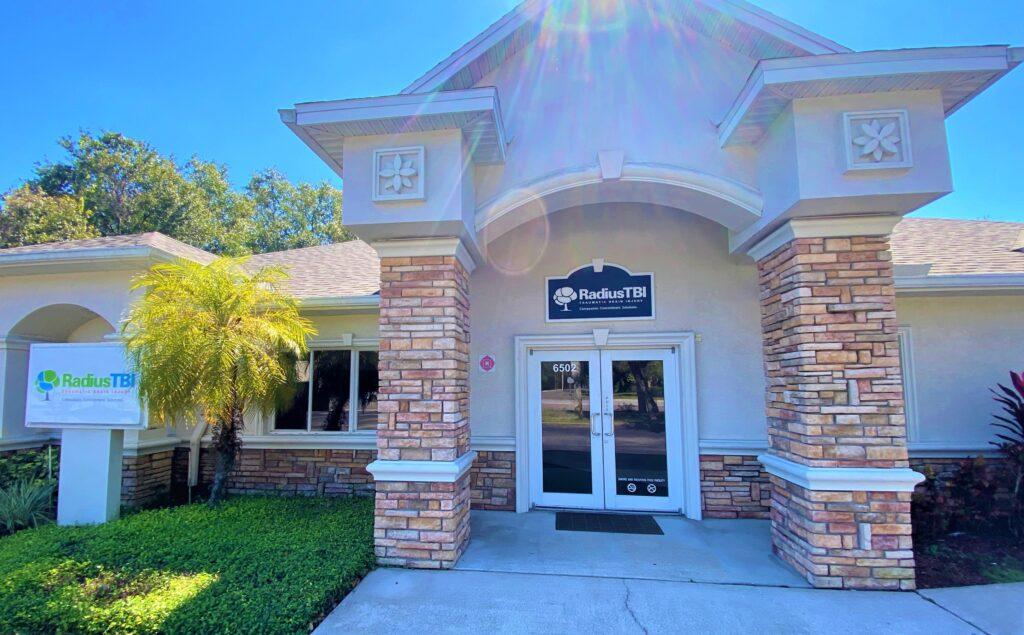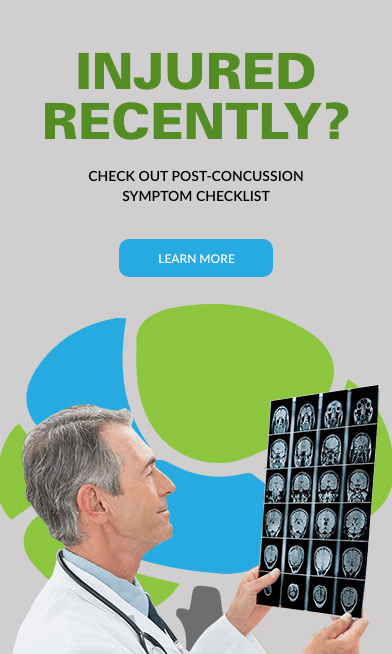Discover comprehensive TBI/concussion treatment Options in Tampa, FL.
Our expert team offers solutions for a successful recovery.
Explore Radius TBI: TBI/Concussion Treatment Options in Tampa, Florida
In the course of our busy lives, we often don’t consider the potential risks we face in our daily activities until an accident occurs. A slip, a fall, or a sudden jolt to the head could lead to a concussion, a type of traumatic brain injury that can be both scary and confusing. If you or a loved one has recently suffered from a concussion, you may be wondering about the best possible treatment options. Enter Radius TBI, a leading institute in the field of concussion management, offering effective, evidence-based concussion treatments.
Medical Clinic for TBI/Concussion Treatment Options in Tampa , Florida
At Radius TBI, we understand the importance of early detection and treatment when it comes to brain health. With locations in Ft. Lauderdale, Tampa, and Orlando, Florida, we are dedicated to providing comprehensive care and support for those who may have suffered a traumatic brain injury. In this blog, we will delve into the risks of personal injury leading to TBI and how Radius TBI can help you safeguard your brain health.
Rest is very important after a concussion because it helps the brain to heal.
Some symptoms of a concussion are:
• Headaches that won’t go away
• Having more trouble than usual remembering things or concentrating
• Confusion about recent events
• Feeling tired all of the time
• Feeling sad or anxious
• Becoming easily irritated or angry for little or no reason
Source: https://www.cdc.gov
Understanding Concussions
A concussion is a type of traumatic brain injury caused by a bump, blow, or jolt to the head or by a hit to the body that causes the head and brain to move rapidly back and forth. This sudden movement can cause the brain to bounce around or twist in the skull, creating chemical changes in the brain and sometimes stretching and damaging brain cells.
Symptoms of a concussion may include headaches, confusion, lack of coordination, memory loss, nausea, vomiting, dizziness, ringing in the ears, sleepiness, and excessive fatigue. There may be changes in sleep patterns, mood changes, and problems with concentration and memory. Sometimes, symptoms can last for days or even weeks.
Clarify the misconception
One common myth about concussions is that they can't be treated. The reality, however, is different. While the brain does need time to heal after a concussion, there are treatments available that can help manage symptoms, promote recovery, and prevent further injury.
Radius TBI in Tampa, Florida: Your Ally in Concussion Treatment
Radius TBI is dedicated to providing comprehensive, personalized treatment plans to patients suffering from concussions. We understand each concussion and patient is unique, which is why our treatment programs are tailored to meet the specific needs of each individual.
Key Features of Our Concussion Treatment
Radius TBI is proud to offer evidence-based treatments. Our approach focuses on three core areas: education, symptom management, and a gradual return to activity.
Education
Our first step is to educate our patients about what a concussion is, what to expect during the recovery process, and how to prevent future concussions. This empowers patients to take an active role in their recovery.
Symptom Management
The second part of our approach involves managing symptoms. We use a variety of strategies, such as rest and relaxation techniques, medication, and physical therapy exercises, to help control symptoms and promote recovery.
Gradual Return to Activity
Finally, we help our patients gradually return to their regular activities. This is done in a controlled and supervised manner to prevent further injury. We work closely with our patients to ensure they are progressing at a safe pace.
Evidence-Based Treatments
At Radius TBI, we rely on treatments that have been proven effective through rigorous scientific research. This includes neurofeedback therapy, cognitive behavioral therapy, physical therapy, and sometimes medication.
Cognitive behavioral therapy can help patients cope with the emotional effects of a concussion, such as depression and anxiety. Physical therapy can help manage dizziness and balance problems, and medication can be used to treat headaches and other physical symptoms.
Neurofeedback Therapy in Tampa, FL.
In addition to the treatments mentioned above, we also utilize neurofeedback therapy as a part of our comprehensive concussion treatment program. Neurofeedback is a non-invasive treatment that aids in training the brain to function more efficiently by utilizing real-time displays of brain activity.
This therapy has demonstrated effectiveness in managing symptoms such as headaches, difficulty concentrating, and mood swings, which are commonly associated with concussions. It works by helping patients learn to regulate their brainwaves, thereby reducing symptoms and enhancing their overall cognitive function. Neurofeedback therapy complements our existing treatment modalities, ensuring we offer a well-rounded and scientifically supported approach to concussion management.
These treatments, when used in combination, can significantly improve the quality of life for patients recovering from a concussion.
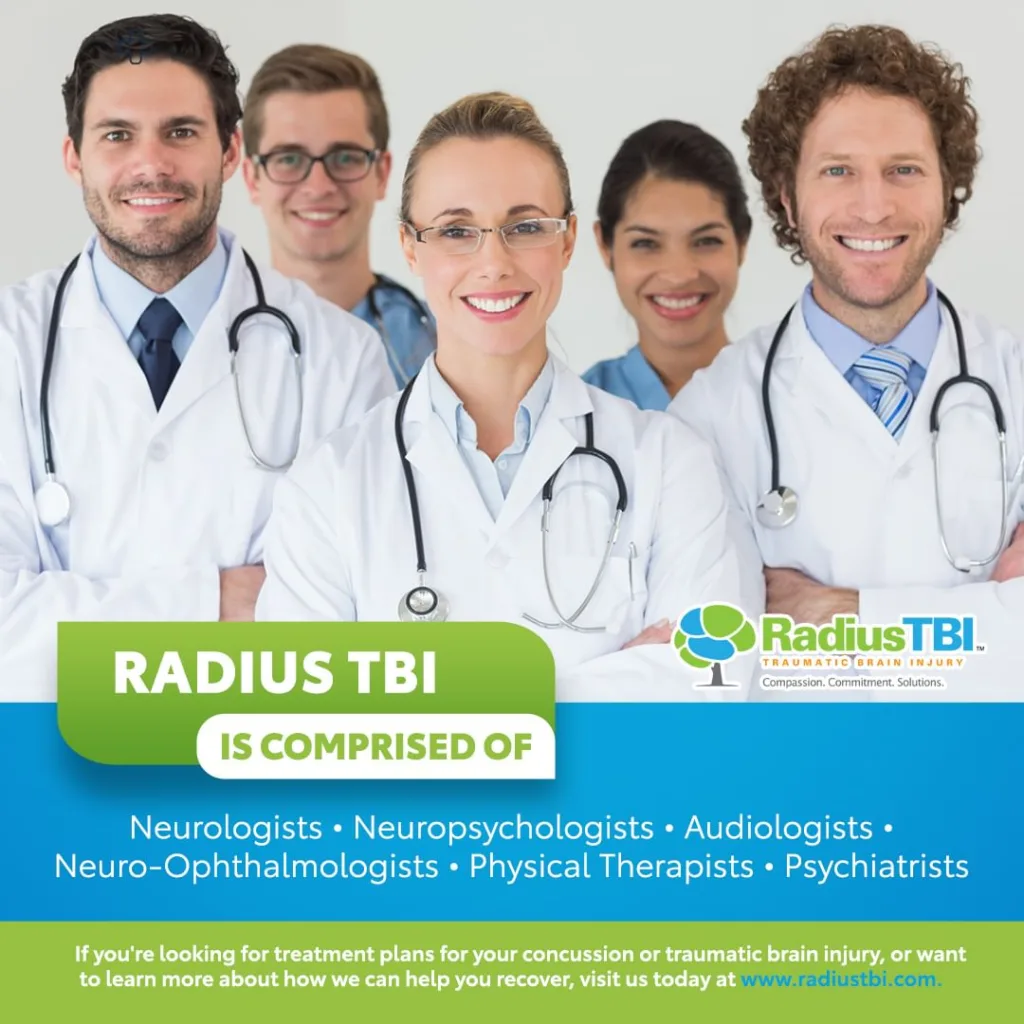
A concussion is a significant health issue that requires the right approach to treatment. At Radius TBI, we are committed to providing our patients with comprehensive, evidence-based treatments that help them recover and get back to their normal lives. If you or a loved one has suffered a concussion, reach out to us. Let us be your ally in your journey to recovery.
Latest News & Updates
Blogs
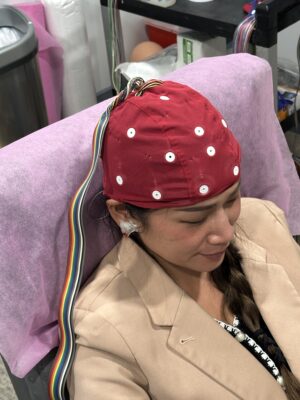
QEEG Brain Map Interpretation
In the world of neuroscience, one of the advanced tools used to understand brain function is the Quantitative Electroencephalogram (QEEG), often referred to as brain mapping. But who interprets these
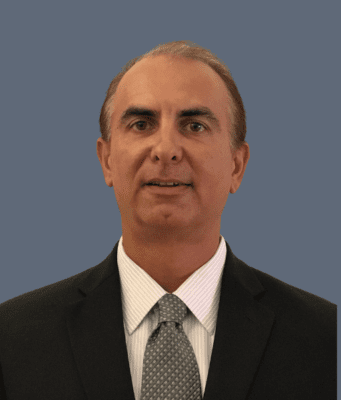
Meet Our No.1 Best Neuropsychologist in Tampa, FL Location
At Radius TBI, we pride ourselves on providing exceptional care for individuals suffering from traumatic brain injuries (TBI) and concussions. Our integrated medical team in Tampa, FL, includes some of
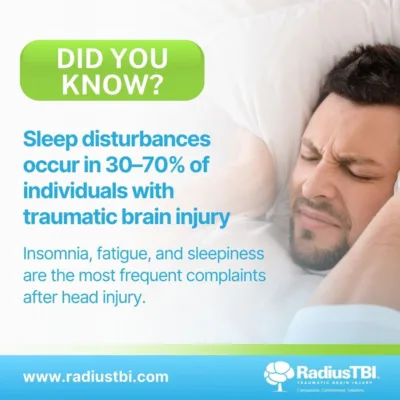
Sleep Disturbance
Did you know? Dealing with a traumatic brain injury (TBI) often means navigating a range of complications, one of the most prevalent being sleep disturbances. Surprisingly, 30-70% of individuals with
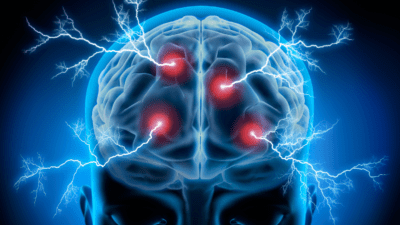
Understanding Routine EEG, QEEG, and Ambulatory EEG Tests
EEG, QEEG, and Ambulatory EEG are distinct forms of electroencephalography, each serving unique purposes in the diagnosis and monitoring of neurological conditions.



